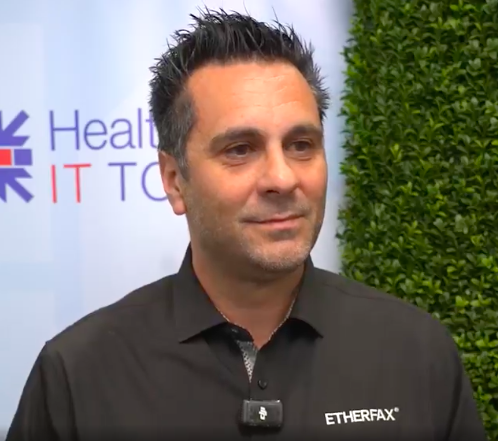As the healthcare industry at large works towards a more streamlined patient experience, application programming interfaces (APIs) are important tools for enhancing interoperability with electronic medical/health record solutions. To facilitate the secure information exchange between patients and healthcare providers, APIs can enable clinical teams to improve care coordination, streamline workflows, and enhance health outcomes. Yet, as APIs become more prevalent, their security vulnerabilities mount.
Like other Internet-based services, if exploited by malicious actors, APIs can present risks to patient data and organizational reputation. For example, Distributed Denial-of-Service (DDoS) attacks, where malicious actors overload APIs with a flood of requests, lead to significant system downtime and potential data breaches. Additionally, data injection attacks, which allow unauthorized access to sensitive data, can compromise patient privacy and integrity. To understand the magnitude of the problem, federal records show that healthcare breaches have exposed as many as 385 million patient records from 2010 to 2022 and show no signs of slowing down.
SOURCE etherFAX



